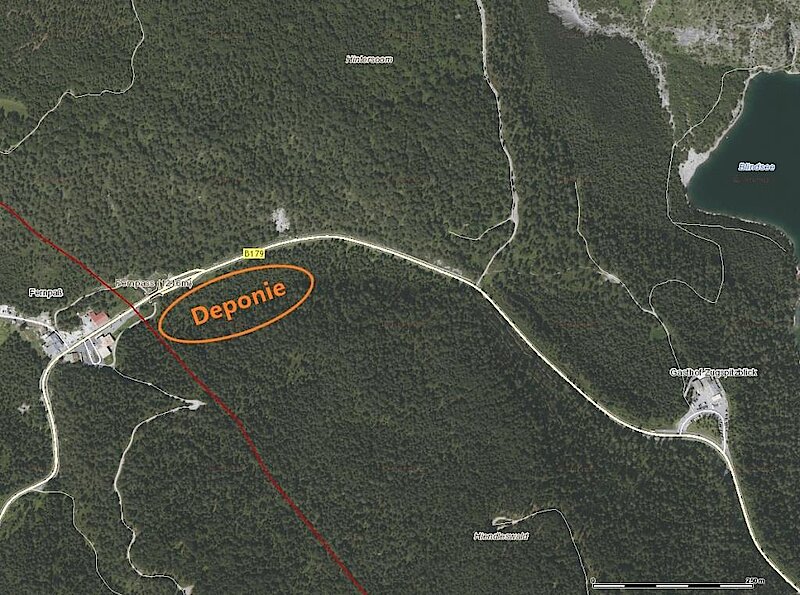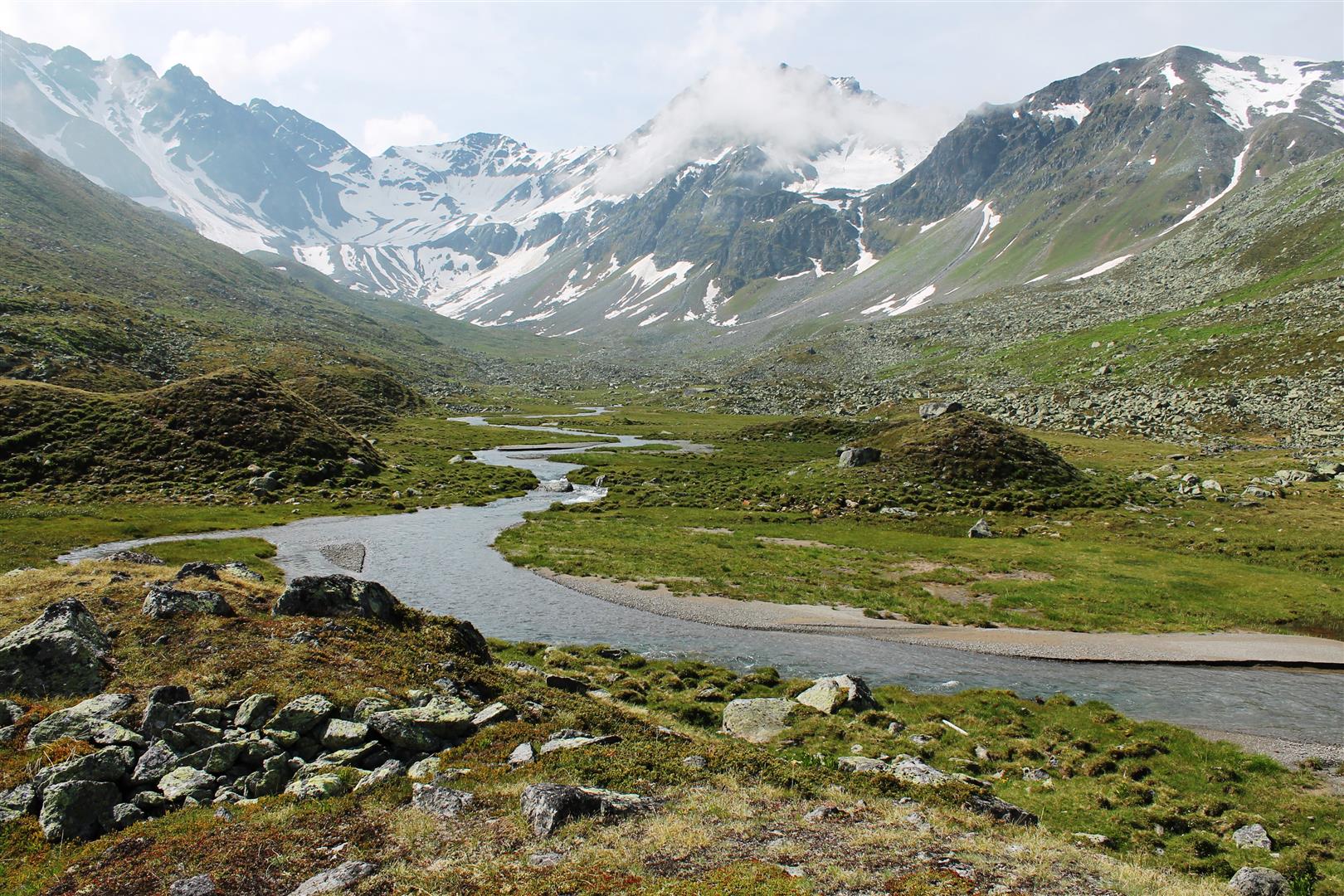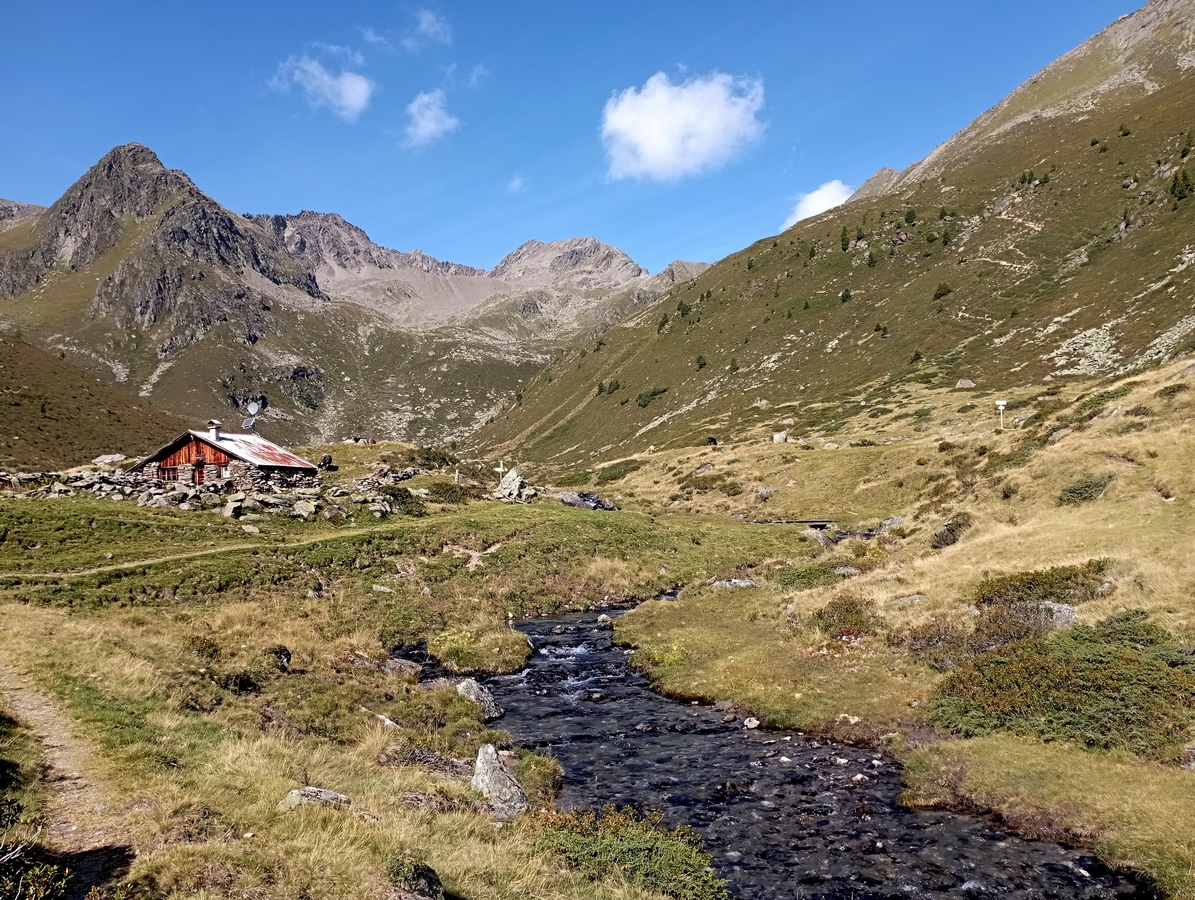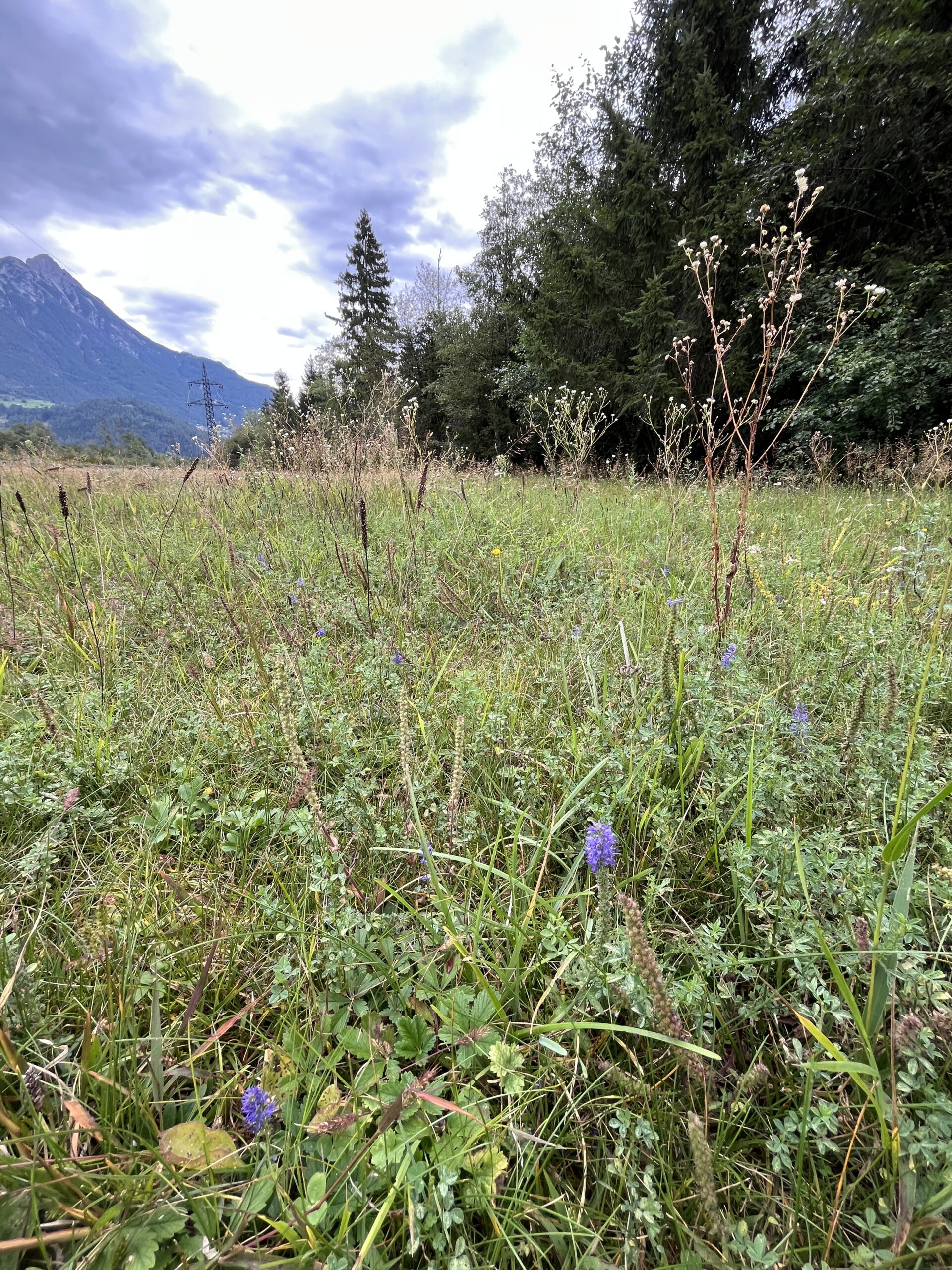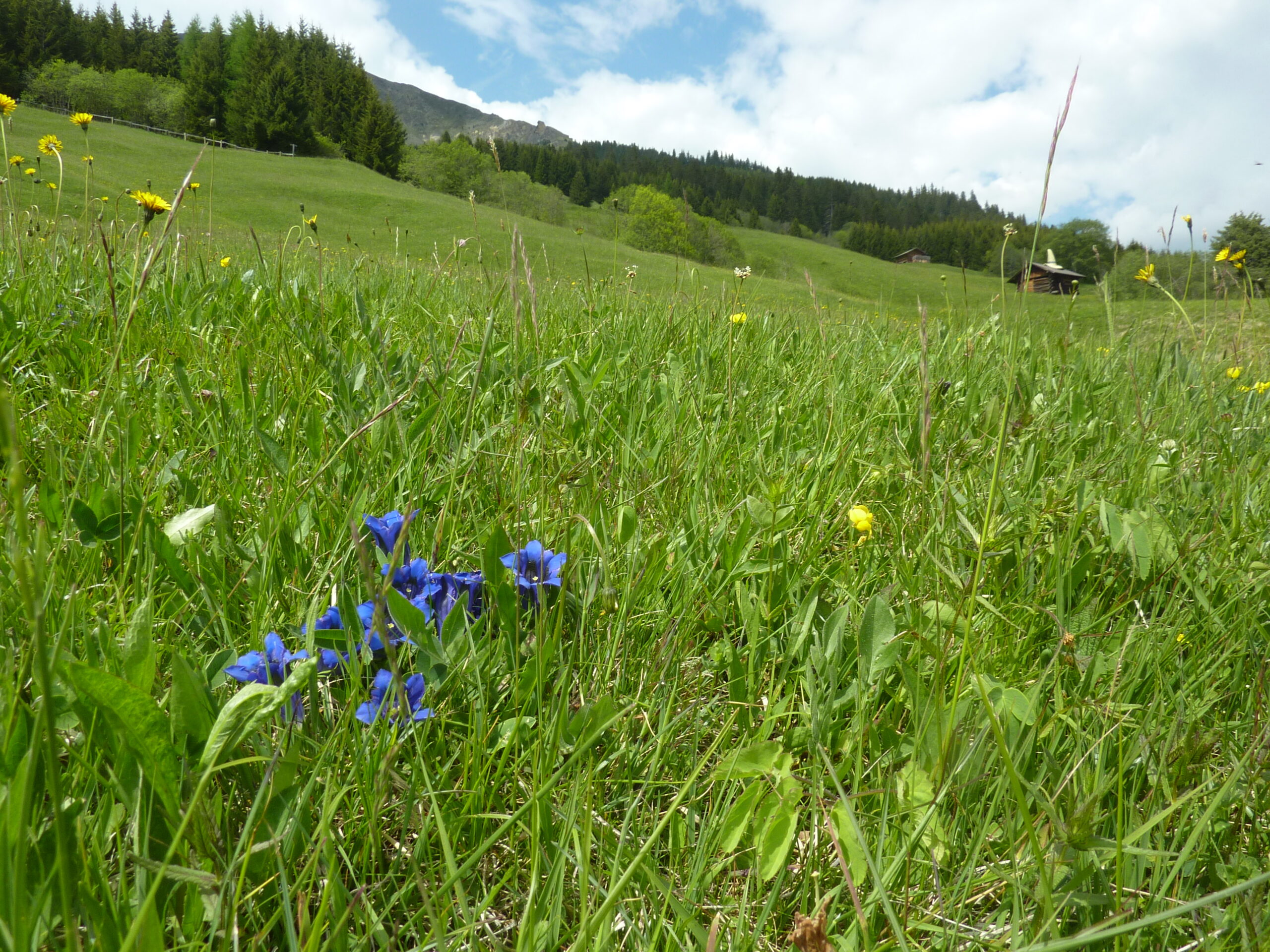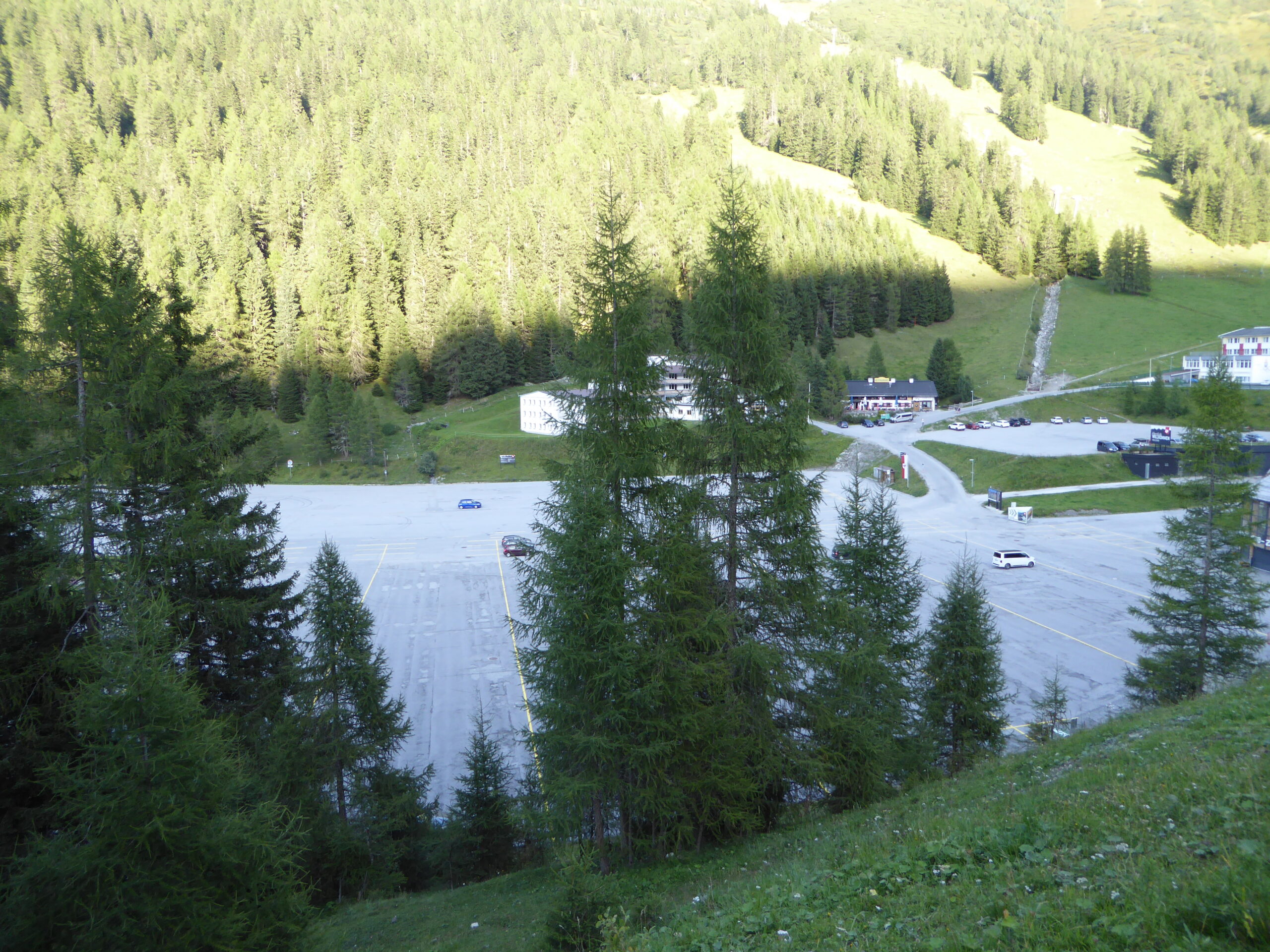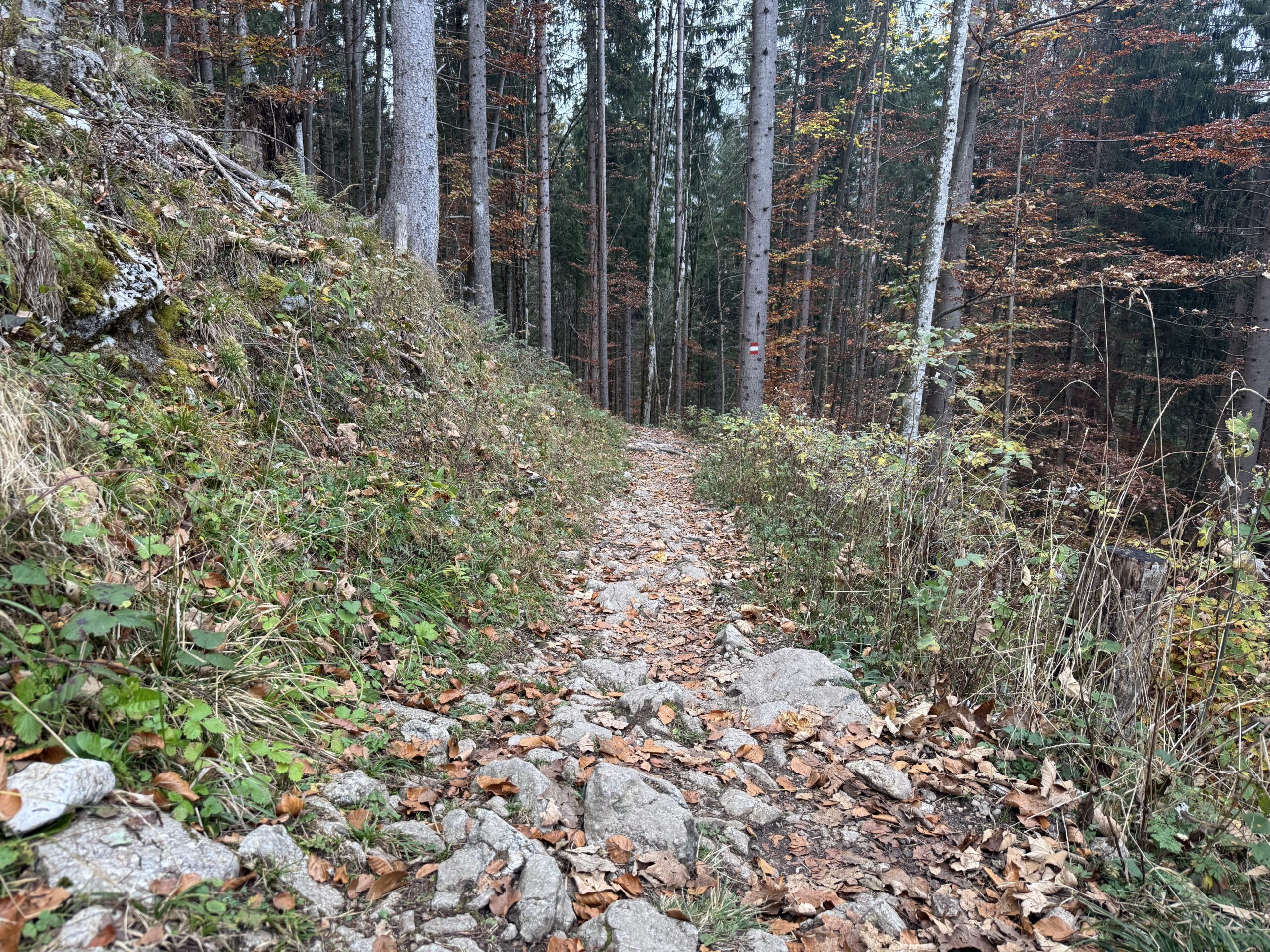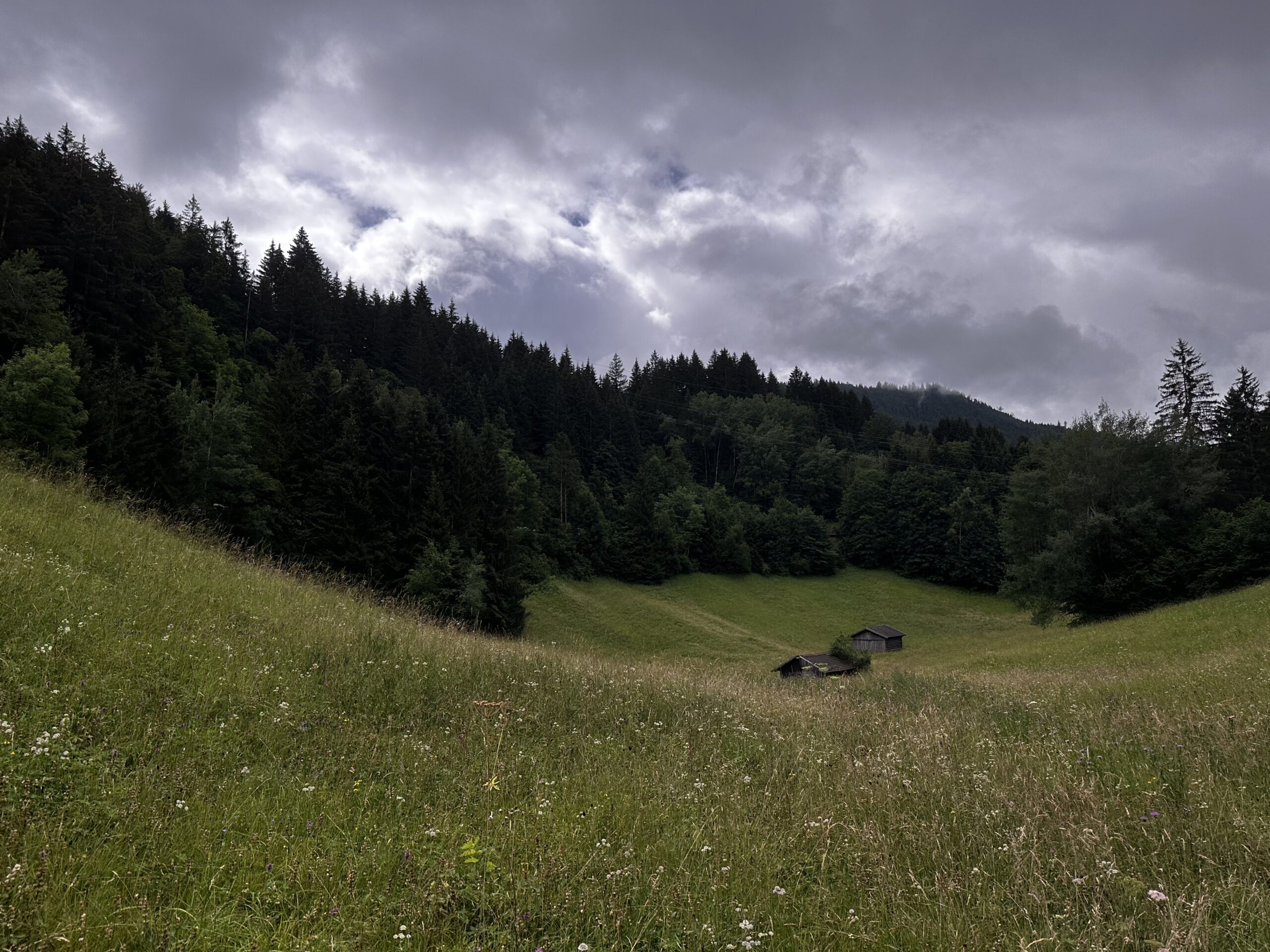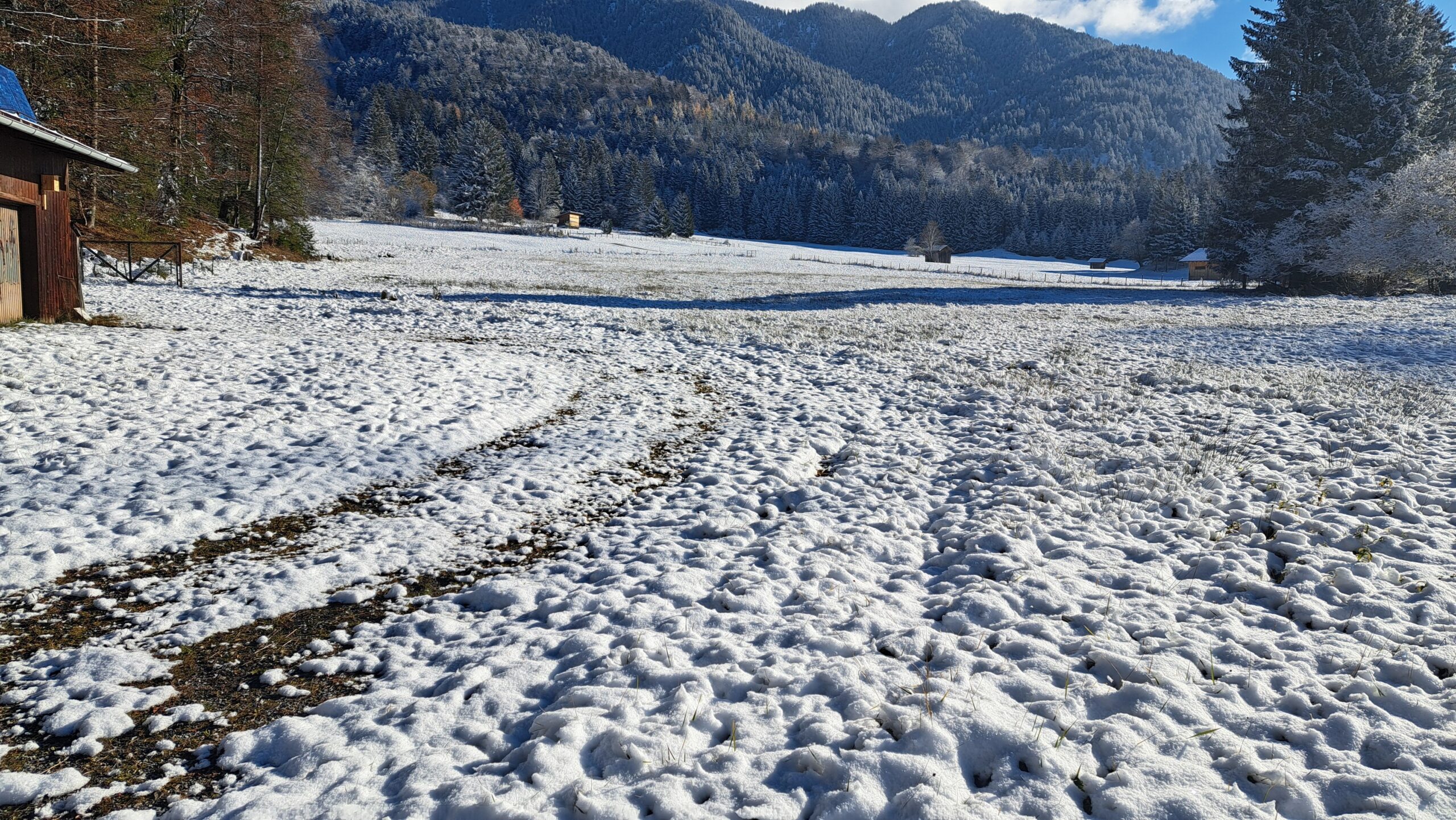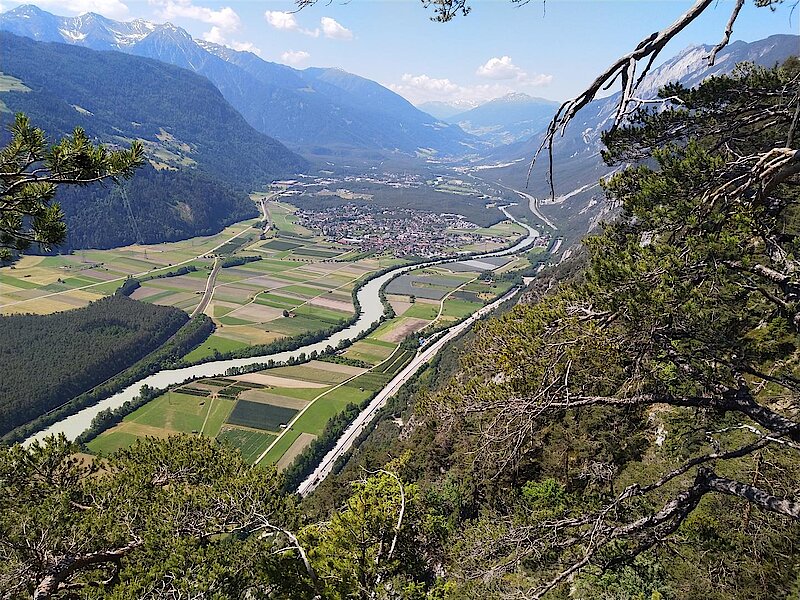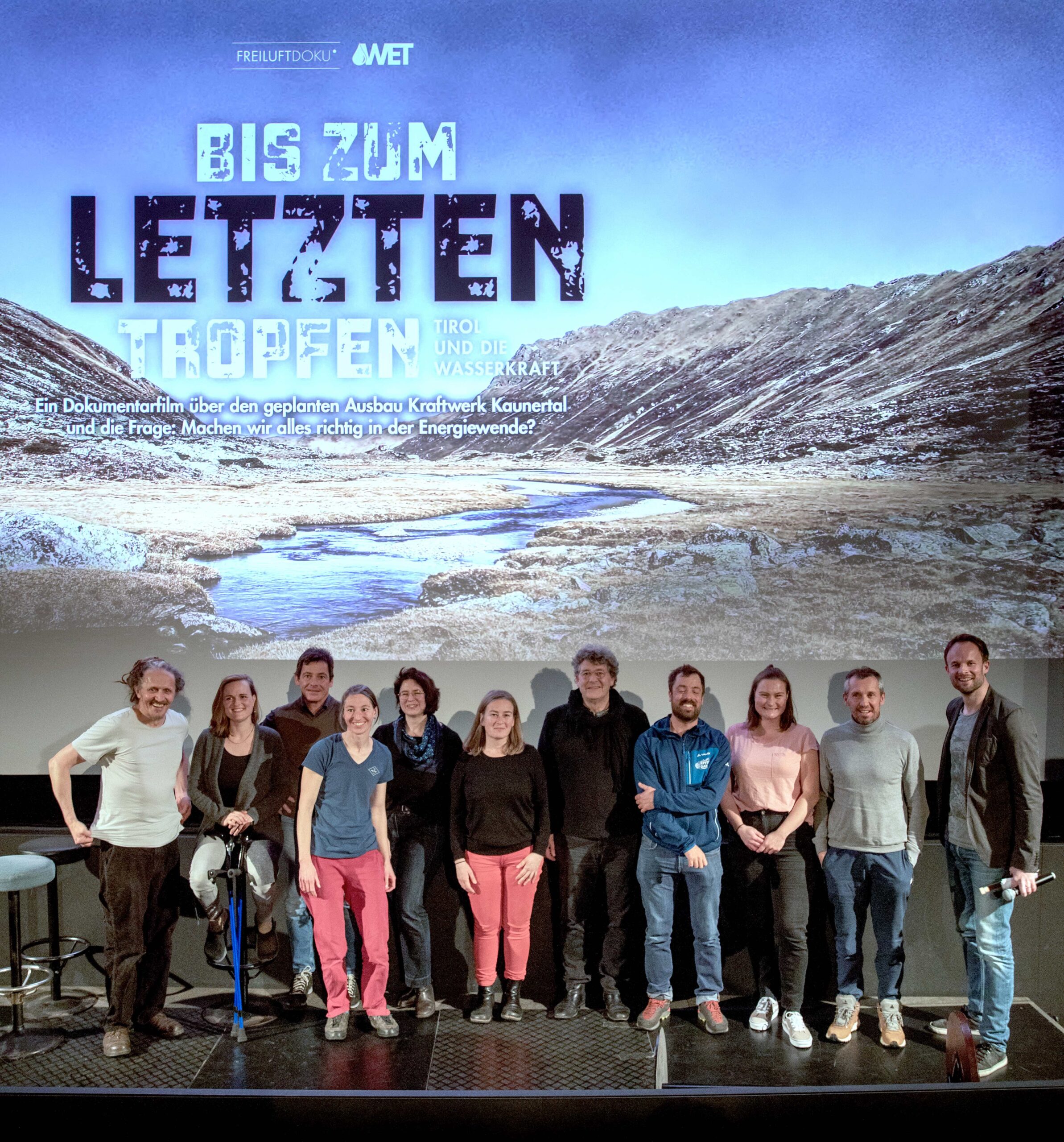
Law
The Tyrolean Environmental Ombudsman represents the interests of nature and the environment as a party in official approval procedures. This mandate is based on the following laws:
Tiroler Naturschutzgesetz 2005:
The Provincial Environmental Ombudsman has party status within the meaning of § 8 AVG in all nature conservation proceedings with the exception of administrative penalty proceedings; in practice, the Environmental Ombudsman submits written statements in proceedings conducted in writing (possibly after an on-site inspection) or exercises this right as a party in oral proceedings. The Provincial Environmental Ombudsman is entitled to be represented by nature conservation officers (§ 37 TNSchG 2005) in nature conservation proceedings conducted by the district administrative authority.
Umweltverträglichkeits-Prüfungs-Gesetz 2000:
An environmental Ombudsman within the meaning of § 2 Abs. 4 UVP-G 2000 is a body that has been specially established by the federal government or the affected state to protect the environment in administrative proceedings. Whether a body meets these criteria depends on whether its main task is to protect the environment or part thereof in administrative proceedings, regardless of the regulations. The Environmental Ombudsman of Tyrol fulfills these criteria. The Tyrolean Environmental Ombudsman therefore has party status in the approval procedure and in the procedure pursuant to § 20 UVP-G 2000 (acceptance test) in accordance with § 19 Abs. 3 UVP-G 2000. Pursuant to § 3 Abs 6 UVP-G 2000, the Provincial Environmental Ombudsman is entitled to submit applications for the determination of the EIA obligation of a project and to appeal against the first-instance decision. Furthermore, he has party status in the EIA procedure concerning federal highways and high-performance routes pursuant to §§ 23a ff UVP-G 2000.
Abfallwirtschaftsgesetz 2002 (AWG 2002):
In proceedings concerning the construction, operation, and significant modification of stationary waste treatment facilities and mobile waste treatment facilities, the Environmental Ombudsman has party status with regard to compliance with nature conservation regulations. In simplified proceedings (except for landfills) and in proceedings for the approval of mobile treatment facilities (“type approval”), the status as a party also extends to public interests pursuant to § 1 Abs 3 AWG 2002. In these matters, the Environmental Ombudsman has been granted the right to appeal and to lodge a complaint with the Administrative Court. It is also possible for the provincial environmental ombudsman to submit a request for a declaratory judgment in matters under § 6 Abs. 6 AWG 2002 to the competent authority (provincial governor).
Agrarrechtsänderungsgesetzes 2004:
Land reform matters are a federal issue in terms of legislation on principles, but a state issue in terms of implementing legislation and enforcement. The relevant implementing laws now contain provisions on environmental impact assessments (EIA). It is envisaged that the agricultural authorities will have to carry out an EIA with public participation to assess the environmental impact of such projects and take its results into account when issuing decisions if the project exceeds certain thresholds or if certain criteria are met. The environmental Ombudsman has the option of initiating a determination procedure to ascertain whether these conditions are met and whether an EIA must therefore be carried out. The Environmental Ombudsman is also entitled to assert compliance with legal provisions that serve to protect the environment or the public interests he represents as a subjective right in the proceedings, to take legal action, and to lodge complaints with the Administrative Court and the Constitutional Court.
Umweltmanagementgesetz (UMG):
These procedures primarily concern the monitoring and quality assurance of companies. In the operational sphere, it can be observed that environmental protection has become an integral part of corporate activity on a very broad level. Where companies have developed and implemented environmental management tools such as corporate eco-balancing, environmental controlling, eco-design, and environmentally-oriented marketing, environmental protection is no longer a luxury or even an area of activity unrelated to the business. This is demonstrated by the growing interest in environmental certification within the framework of the EC Eco-Audit and ISO 14001, which can be observed in the service sector.
Alpine Convention (and its Protocolls):
On December 18, 2002, the protocols of the Alpine Convention, a multilateral international treaty (BGBl 477/1995; BGBl III No. 230–238/2002), came into force in Austria. The Alpine Convention is the only international treaty regime that has its permanent secretariat, i.e., its administrative headquarters, in Tyrol. (www.alpenkonv.org).
Around 65 percent of Austria’s territory, comprising 1,135 municipalities, is affected. Under Austrian law, the obligations arising from this must be applied directly by legislators and authorities, provided that the provisions are suitable (“self-executing”). The first decisions by Tyrolean authorities applying the Alpine Convention have already been issued.
In particular, within the framework of the “Alliance in the Alps” community cooperation (http://www.alpenallianz.org/), the Alpine Protected Areas Network (http://www.alparc.org/), and the international long-distance hiking trail project “Via Alpina” (http://www.via-alpina.com/), which also passes through Tyrol, the protocols are being implemented in an exemplary manner at the municipal level.
Bundes-Umwelthaftungsgesetzes (B-UHG)
The law regulates liability for damage or the risk of damage to human life and health, water bodies, and soil in certain occupational activities (see Appendix 1 of the law, e.g., operation of facilities pursuant to §77a in conjunction with Appendix 3 GewO 1994, § 37 (1) in conjunction with Appendix 5 AWG 2002, § 121 MinroG, waste collection and management, all discharges into water according to WRG 1959, production, use, storage, release of plant protection products within the meaning of § 2 (1) Plant Protection Products Act 1997, biocidal products, etc.). If there is a risk of environmental damage or if environmental damage has occurred, the authorities must immediately take measures to prevent or remedy the damage. Pursuant to § 11 B-UHG, natural and legal persons, as well as the environmental ombudsman and environmental organizations recognized under § 19(7) UVP-G, have the right to lodge a written environmental complaint with the local district administration, requesting it to take action to prevent and/or remediate environmental damage. In the proceedings to be conducted pursuant to §§ 6 and 7 B-UHG, those entitled to lodge a complaint have party status pursuant to § 12 B-UHG.
Further tasks based on (EU) legal provisions/requirements:
Aarhus Convention: (in particular based on the EC Directive)
SUP Directive: implemented for Tyrol in the Tyrolean Environmental Assessment Act, LGBl No. 34/2005 (TUP)
WR Directive: (implemented at federal level in the Water Rights Act BGBl. I Nr. 82/2003; directly applicable within the framework of the TNSchG 2005)
IPPC Directive: This affects, among other things, matters such as the Trade Regulation Act (Gewerbeordnung), the Mineral Substances Act (Mineralstoffgesetz), the Air Pollution Control Act for Boiler Systems (Luftreinhaltegesetz für Kesselanlagen) and the Air Pollution Control Act (Immissionsschutzgesetz-Luft, IG-L).
All laws applicable in Austria can be found at www.ris.bka.gv.at.
